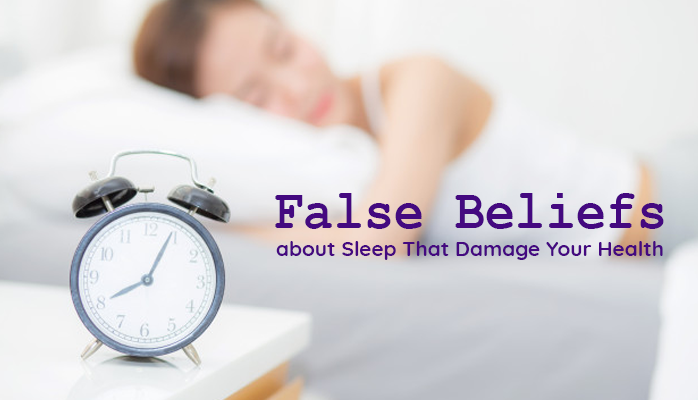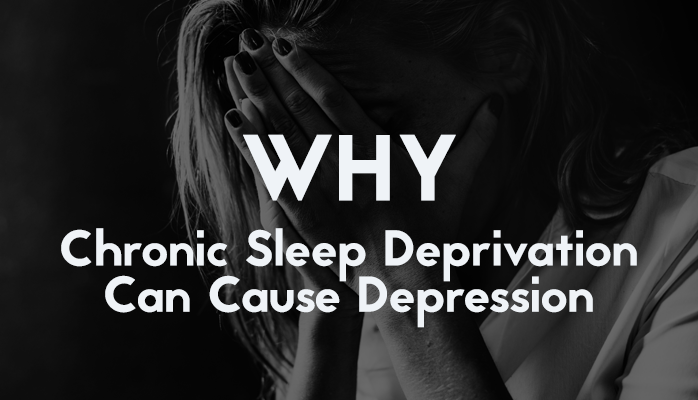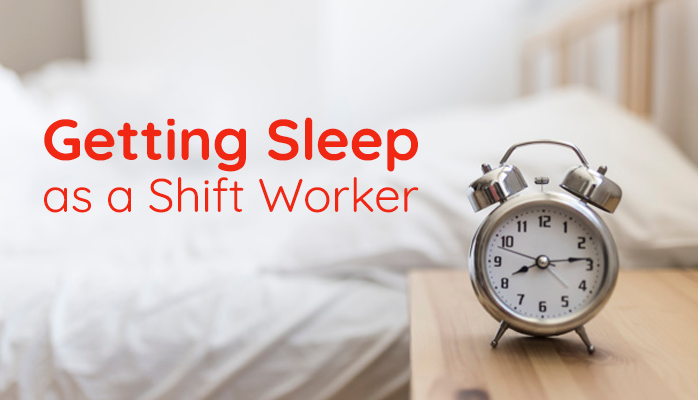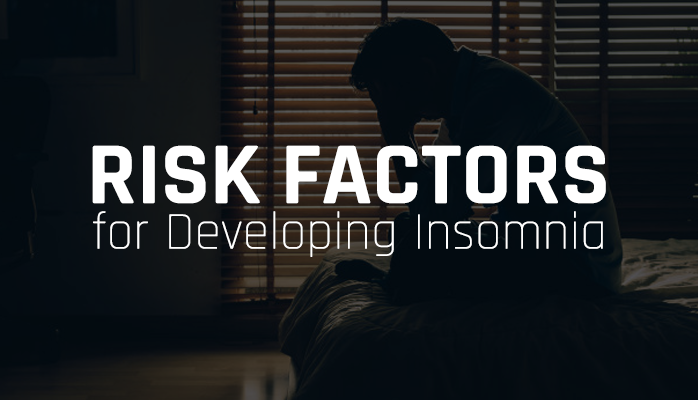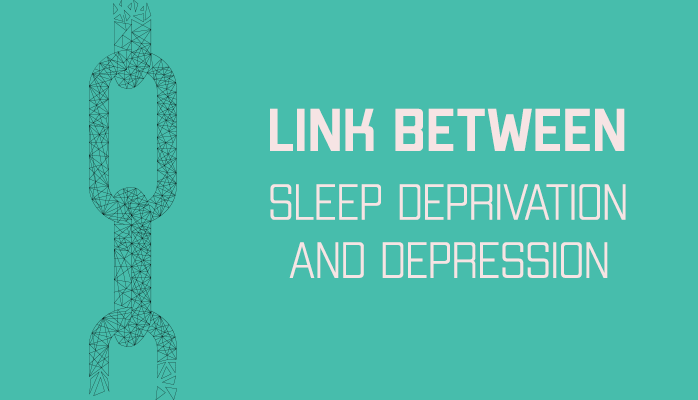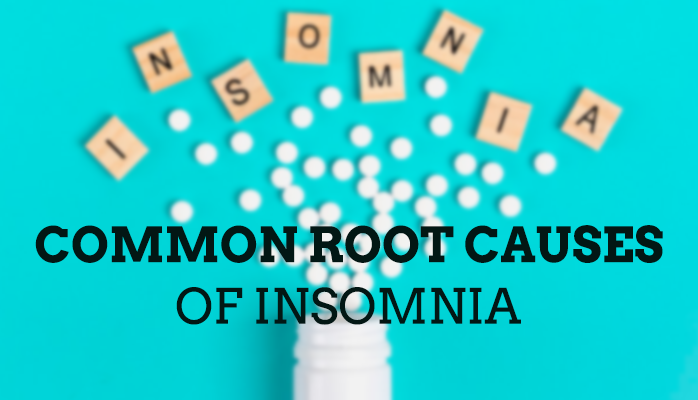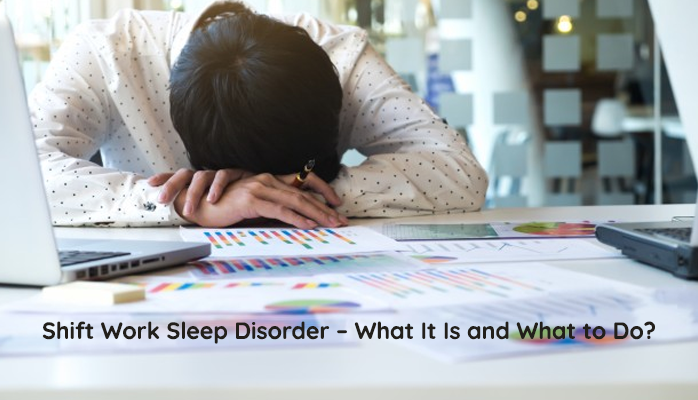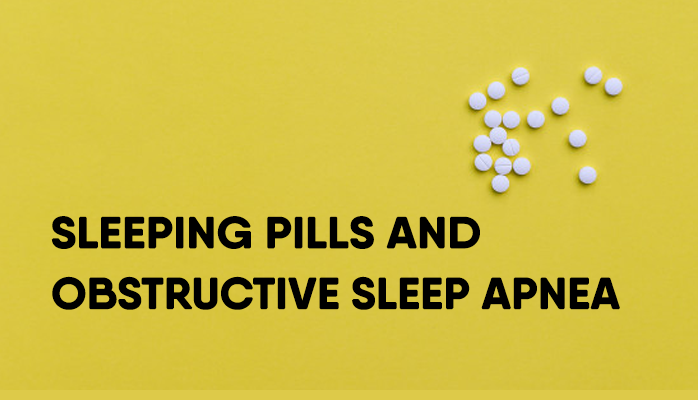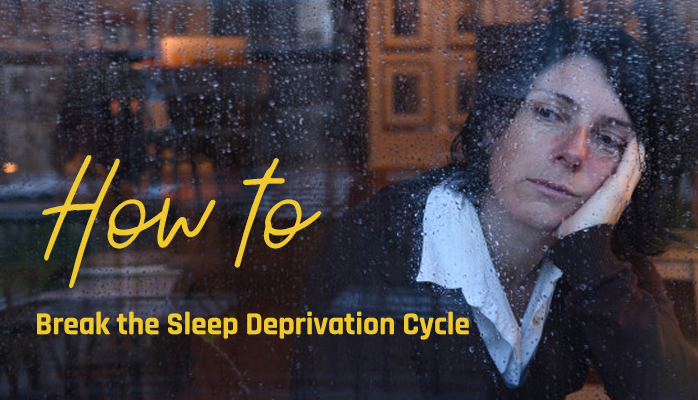False Beliefs About Sleep
Sleep myths are false statements that are regularly disseminated online, at home, among friends, etc. Unfortunately, sleep myths can also be damaging to your health if you develop sleep deprivation by adhering to them.
Sleep deprivation is an insidious condition that lowers performance and quality of life in the following aspects of your life:
- Socially
- Physically
- Mentally
- Emotionally
Below are the common sleep myths and the truth about them.

